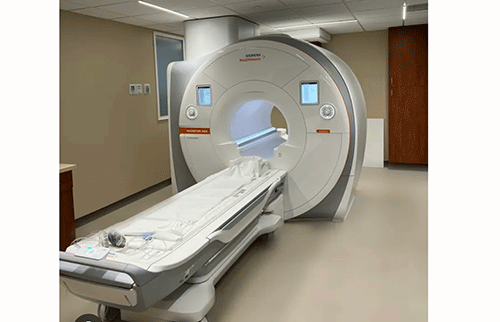The Ministry of Health and Social Services spends N$10 million annually on sourcing Magnetic Resonance Imaging (MRI) machines necessary for the examination of body tissues, organs and the skeleton system from private hospitals.
Currently, no public hospital in Namibia has an MRI machine. As a result, this scanning service is outsourced to private hospitals – at times causing delays to patient treatment.
MRIs are critical equipment used to produce detailed images of almost every internal structure in the human body, including the organs, bones, muscles and blood vessels.
This is according to Windhoek Central Hospital (WCH) Senior Medical Superintendent Dr Sarah Shalongo in response to questions posed by Nampa on the non-availability of MRI machines at public health facilities.
Shalongo said the State has no MRI machines; however, a turnkey project proposal for MRI machines for the WCH has been prepared for submission.
“Currently, the bidding for expression interest for the MRI machine is advertised on the ministry’s website,” she said.
The average cost of an MRI machine is approximately N$20 million.
Shalongo equally confirmed the shortage of computed tomography (CT) scanners, used to show detailed images of any part of the body at public hospitals, which are currently only found at WCH and Oshakati, Rundu and Katutura intermediate hospitals.
The WCH, she noted, has a total of eight Electrocardiogram machines used to help detect problems with patients’ heart rate or heart rhythm – two in the outpatient department, four in the intensive care unit and two for the wards.
At a recent engagement with the Parliamentary Standing Committee on Universal Health Care, the ministry’s executive director Ben Nangombe said despite having challenges with resources due to budgetary constraints, the ministry aims to achieve UHC through access to quality and affordable health services, including access to essential medicines, therapeutics, vaccines and technologies that are effective, safe and of good quality. – Nampa


